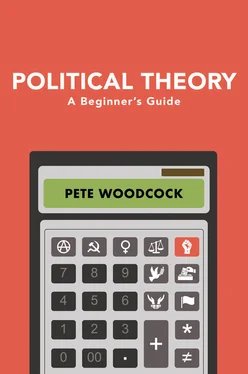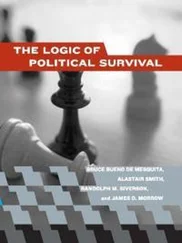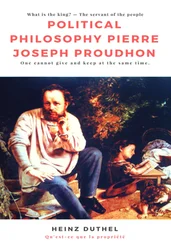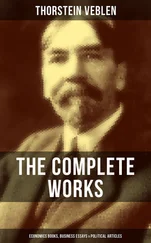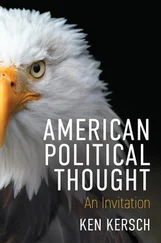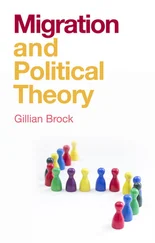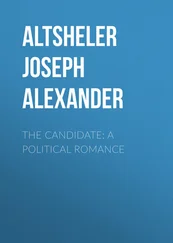Is humanity nasty or nice?
This chapter will compare and contrast the works of English philosopher Thomas Hobbesand the Genevan Jean-Jacques Rousseau. Hobbes will illustrate that in their natural condition man is violent and nasty, and left to their own devices, that is to say without a state, they will end up killing one another. Rousseauwill counter that man’s anti-sociability is not a product of nature; indeed, he claims that in his natural state man is good if not moral, but rather a product of civilized man. Civilization has corrupted our innate goodness. We will also briefly examine here the thoughts on the nature of good and evil by German philosopher Nietzsche, who argues that these concepts are not unchangeable over time, and that which we call good these days is often life destroying.
Why should I obey the state?
This chapter begins by examining the social contract theoryof Thomas Hobbesand his near contemporary John Locke. Although they both ultimately say that all obligation to obey the state rests upon consent, the type of consent and the powers of the sovereign differ greatly between them. It will then examine some critiques of liberal social contract theory, namely those of Rousseau, Humeand Pateman.
Is democracy the best form of government?
This chapter will examine some of the challenges that exist around discussions of democratic thought. It will firstly compare and contrast Athenian direct democracyto our contemporary understanding of politics, noting the central differences between the two being a limited citizenry as well as the lack of representatives. It will then outline Edmund Burke’sarguments in favour of representative democracy, and in particular non-delegated representatives who are not obliged to pay too much attention to their electors in between elections. We will then go on to examine some of the challenges to democracy, namely James Madison’sfederalist paper number 10, which argues that the size of the proposed US republic would prevent faction, before overviewing de Tocqueville’sand Mill’sconcerns about the tyranny of the majority. We will see that Mill suggests that whereas everyone should get one vote, some people should get more than that.
When can my freedom be restricted?
This chapter will discuss a number of debates around the nature of freedom in society. It will commence with Isaiah Berlin’sdistinction between positive and negative liberty; that there have been two different ways in the history of political thought that freedom has been conceptualized. This will be challenged by Gerald MacCallumwho will argue that there is only one concept of freedom, and Quentin Skinner’sassertion that there are three. The chapter will end with a discussion of John Stuart Mill’sHarm Principle, the notion that the just state should only ever stop someone from doing things that directly and physically harm someone else. The state, nor anyone else for that matter, has no right to ban someone from doing that which only harms themselves, or that which offends other people.
What would a just society look like?
In this chapter, we will examine different notions of justice in society. We will commence with Plato’sassertion that justice involves a harmonious state when each does that which best suits them; everyone in society has a role, but these roles are not equal. This will be contrasted to Aristotle’snotion of justice as balance. We will then examine justice more in terms of the distribution of goods, and outline John Locke’sfamous defence of a natural right to private property, and show how this was critiqued by David Humeand Thomas Paine. Next, we will move on to the debate between John Rawlsand Robert Nozick, two Harvard colleagues, about the nature of justice. We will see that Rawls argues that justice is arrived at via a mind game in which the participants do not know how they will be affected as individuals, which ends up as a defence of the social democratic state. Nozick, on the other hand, will argue that justice means that the only permissible state is that which defends individual property rights.
Why have women been ignored in the history of political thought?
This chapter will attempt to show why so many of the thinkers mentioned above are men. It will begin with Rousseau’sargument about the natural inequalities between men and women, before critiquing this with the ideas of Mary Wollstonecraftand John Stuart Mill. Wollstonecraft and Mill will argue that there are no natural differences between men and women, and, where differences exist, it is due to women’s inability to access social goods such as education and improving work, as well as their lack of rights. The chapter will conclude with I.M. Young’scontention that there are differences between men and women when it comes to ethical and political reasoning, but the male forms of reasoning are universalized. So liberal democratic culture is inherently biased towards men.
When is revolution against government justified?
Here we will overview a number of responses to when it is acceptable to overthrow the government. It will begin with the debate between Edmund Burke, who argues that revolution is only justified if one is restoring a set of rights and privileges that have been denied you, and Thomas Paine, who argued that only political institutions based upon reason are permissible. The chapter will end with a long overdue examination of Karl Marx, who will show that revolution is the natural driving force of societies, and overthrowing the capitalist regime is not only justifiable, but the only way one will achieve a communist society.
The book will conclude by highlighting the links between thinkers outlined in the discussions above, and the main world ideologies, namely liberalism, conservatismand socialism.
Some methodological liberties have been taken with the contents of this book in an attempt to make it accessible and user friendly. One criticism that can easily be levelled at the chapter structure above is that I am taking thinkers from different societies, in different ages, responding to different political events, and moulding them together as if they were discussing the same political issues when they clearly were not. The history of political thought then becomes a dinner party with the various thinkers talking to one another, which is, of course, highly anachronistic. The only marginal defence I can make of my position here is that, in a number of the debates, people were responding to near contemporaries. John Locke was responding to Hobbes, Aristotle to Plato, Paine to Burke, Wollstonecraft to Rousseau and Nozick to Rawls. Rousseau was addressing Hobbes, although there was a century between them, and Nietzsche was addressing Socrates from the distance of well over a millennium. The convenience of structuring the book in this manner to use as an introductory text does, I hope, partially absolve any methodological qualms the reader may have.
Читать дальше
